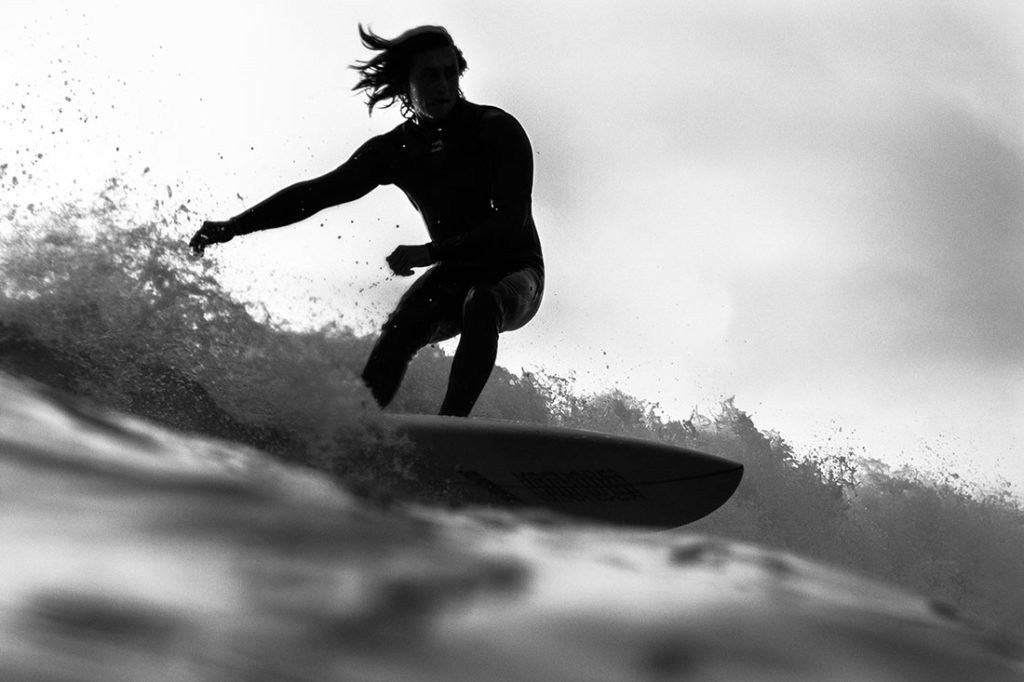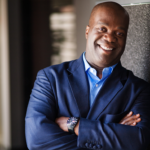Recently, I was in San Diego and decided to take my two children down to the beach one day. As we were walking toward the ocean, we saw this group of surfers marching with intention. They looked like something out of the movie Point Break (the one with Patrick Swayze).
I’ve always been fascinated by surfing. A person standing on a flimsy board, riding something as unwieldy as a wave of water, seems like nothing short of magic.
I stopped them and asked, “What is the key to being a good surfer?”
Their response taught me that riding the waves of the ocean on a surfboard is a lot like riding the waves of life on the strength of your own resiliency.
Here’s how to do it:
Tailor your approach based on your unique situation.
The first thing the surfers said was, “You have to have the right board because that determines everything before you even get in the water.” They talked to me about the different levels of the boards and all the choices you could make based on your size, level of experience and goals.
My takeaway was this: Your approach should fit the conditions specific to YOU. Don’t look at someone else’s board and think that it will prepare you to be a successful surfer. Likewise, don’t look at what someone else is doing to make it through this season.
What resiliency looks like for you, like a surfboard, will be unique to your circumstances—your experience, your struggles, your goals.
Consider this: What do I need to be strong and ride this out?
“Pop up” quickly.
Then one of the guys said, “Next, it’s the ability to pop back up.”
The moment a wave hits you, if you don’t pop back up and balance yourself, you don’t get the chance to ride the next wave.
How often in life have we been washed out by the wave of disappointment, despair and uncertainty? Resiliency is not about staying up the whole time and never falling. It’s about popping back up quickly after you’ve been knocked off your board. It’s about not missing the next great opportunity because you’re still wading around licking your wounds.
To pop back up, go back to a moment in time when you were successful, experienced a past success or a win. What were you doing? What did you understand, and how did you celebrate that success?
Don’t go it alone.
Finally, the surfers said you should never surf alone. Yes, people do it, but it’s not safe (and it’s not as much fun).
Also, other surfers can give you feedback about what you’re doing right and what you’re doing wrong. When you’re struggling, you can also study other surfers to see what they are doing.
Success leaves clues as we have often heard, and when you’re struggling to stay on the board when life is repeatedly knocking you down, observe and learn from the successes and mistakes of the pros around you.
Recognize this: There are others on this journey with you.
Photo by Jeremy Bishop / Unsplash











